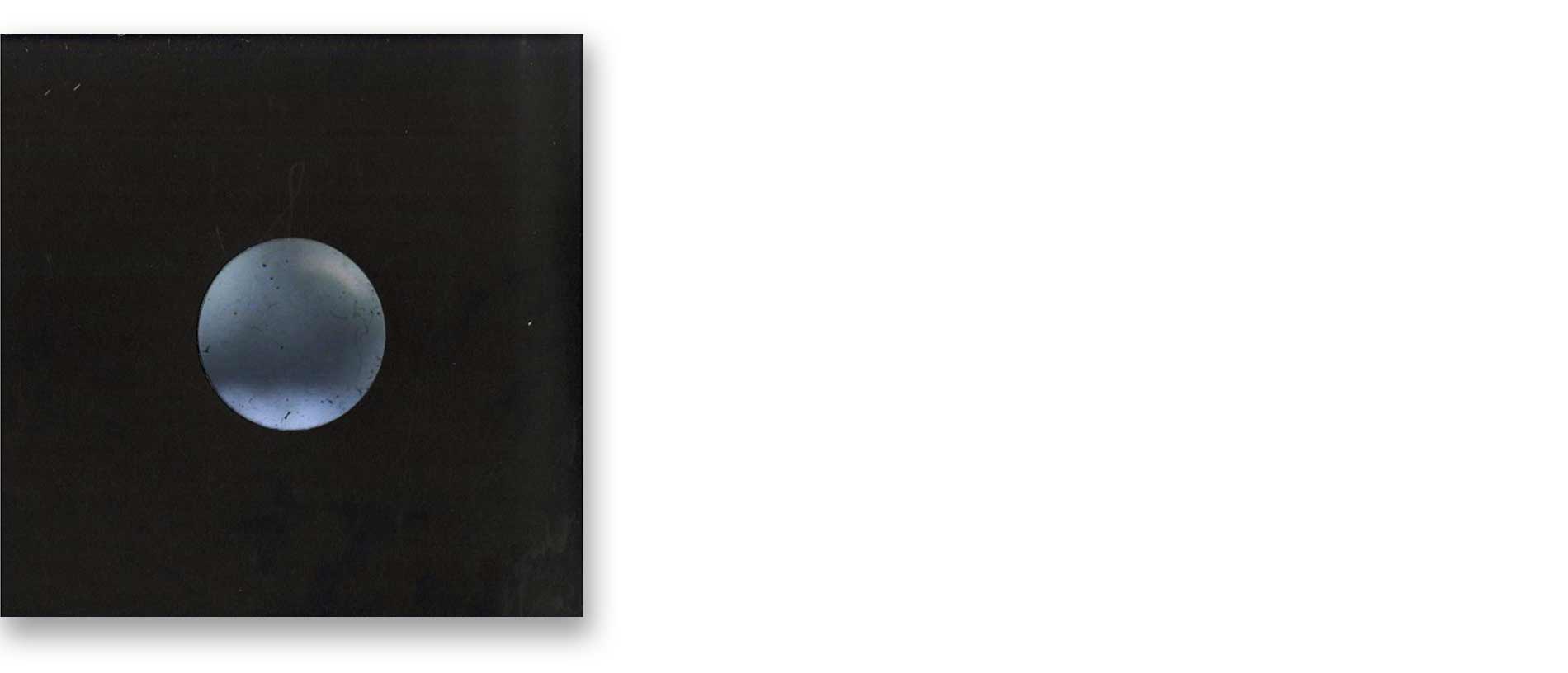
REET
12", Vinyl, EP
BUY this release
www.zckr-records.de
*
"I was listening to Will Self [1/
2] recently. If you don't know him he's a droll character. His voice has languid quality but his written, and indeed spoken, work is of enviable mastery and quality.
I listened to a podcast of him recently, eviscerating modern art (or some of it) as lacking. He felt it was nothing more than the mechanical age meeting mass production,
that the fanfare and festival surrounding an artist or gallery was what, through some green tinted monetary osmosis, gave the stamp of "good" or "bad."
It's interesting when you apply his ideas to electronic music. I think many of us did in the 2000s. The computer age allowed anyone, almost anywhere, to become an electronic musician. The age of synths and drum machines hadn't been surpassed, but it had been bypassed. A plethora of Autechre clones all but drowned genres like electronica, glitch and IDM.
So what do you get if you cross over the visual realm with the sonic? There are a number of art/audio projects. There's been a decent amount of discussion about the darkened imagery that follows labels like Blackest Ever Black and not to forget the impact of The Designer's Republic. But what about a true crossover, an artist taking on both fields? That is what Norman Neumann is doing.
Neumann has been releasing for a couple of years now, cassettes and CD's for the hometown label of Betonblume He's been responsible for the artwork of the imprint, and it reflects his own penchant for undulating angles and organic chaos in shades of monochrome. And this fascination with tones, spacing and junctures is what Reet is. Ambient is the style pursued across the five installations. Resonance, echo, fade and decay are the central tools. No tracks are titled, in fact they somewhat merge into one another. The 12" doesn't put out a set of ideas, but focuses on one. Mechanical atmospheres. And within this sphere Neumann builds in emotion. Loneliness. Fear. Isolation. The solitary nature of his sounds magnifies the empty space he creates.
In some respects, Breaklab's Reet has quite a removed feel, almost academic at times. Distance is the focus and the listener is never truly invited in, instead they explore the peripheries of sound. A limited palette, one that thrives on the theory of less, is what Neumann uses to build his shadowy sound and in a world of so much this reduction is sometimes welcome.
text by ROBBIE GEOGHEGAN on Igloo Magazin
It's interesting when you apply his ideas to electronic music. I think many of us did in the 2000s. The computer age allowed anyone, almost anywhere, to become an electronic musician. The age of synths and drum machines hadn't been surpassed, but it had been bypassed. A plethora of Autechre clones all but drowned genres like electronica, glitch and IDM.
So what do you get if you cross over the visual realm with the sonic? There are a number of art/audio projects. There's been a decent amount of discussion about the darkened imagery that follows labels like Blackest Ever Black and not to forget the impact of The Designer's Republic. But what about a true crossover, an artist taking on both fields? That is what Norman Neumann is doing.
Neumann has been releasing for a couple of years now, cassettes and CD's for the hometown label of Betonblume He's been responsible for the artwork of the imprint, and it reflects his own penchant for undulating angles and organic chaos in shades of monochrome. And this fascination with tones, spacing and junctures is what Reet is. Ambient is the style pursued across the five installations. Resonance, echo, fade and decay are the central tools. No tracks are titled, in fact they somewhat merge into one another. The 12" doesn't put out a set of ideas, but focuses on one. Mechanical atmospheres. And within this sphere Neumann builds in emotion. Loneliness. Fear. Isolation. The solitary nature of his sounds magnifies the empty space he creates.
In some respects, Breaklab's Reet has quite a removed feel, almost academic at times. Distance is the focus and the listener is never truly invited in, instead they explore the peripheries of sound. A limited palette, one that thrives on the theory of less, is what Neumann uses to build his shadowy sound and in a world of so much this reduction is sometimes welcome.
text by ROBBIE GEOGHEGAN on Igloo Magazin